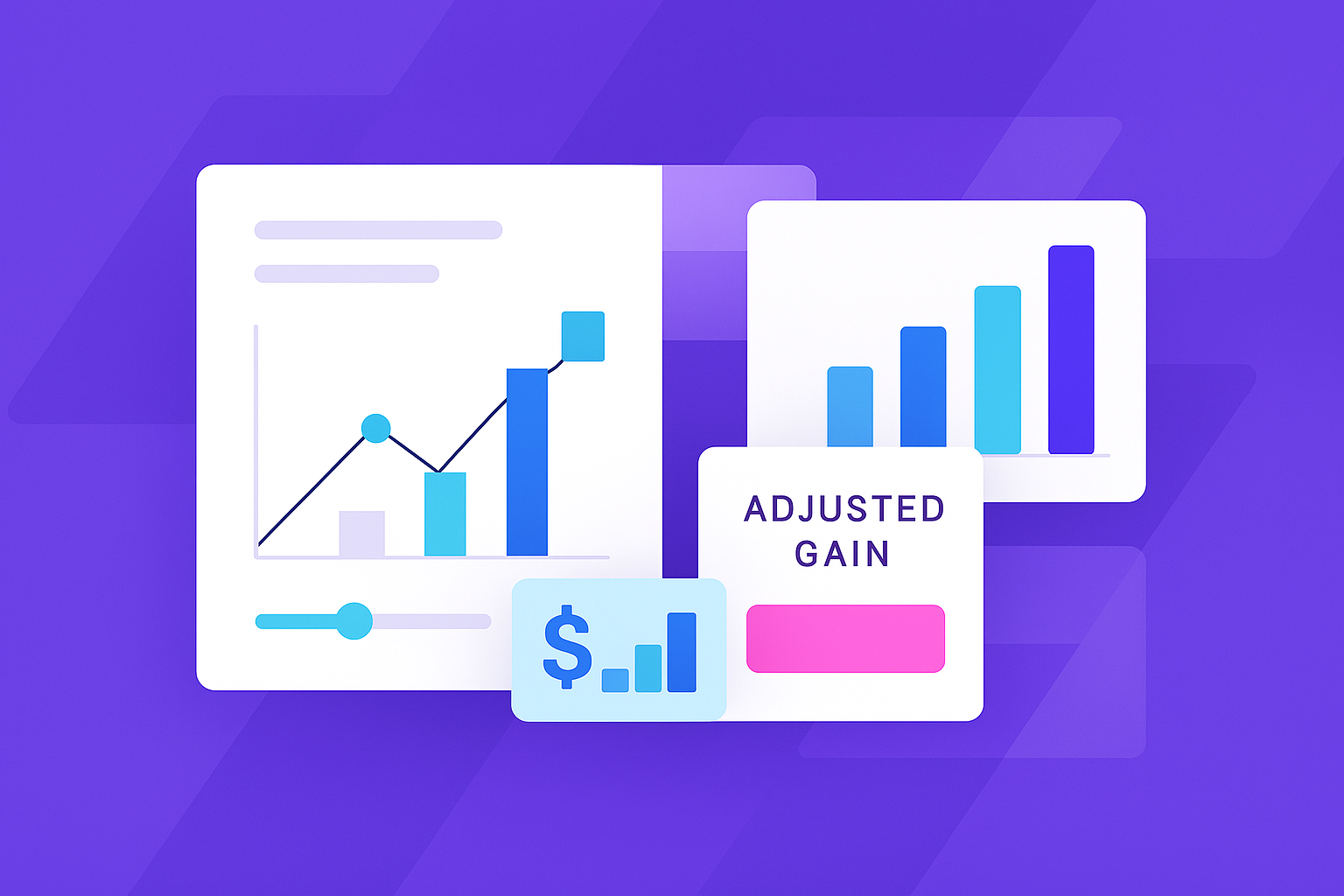
FEATURED ARTICLE
Tax Planning for Realized Gains and Ordinary Income
Tax planning strategies for realized gains and ordinary income

Tax planning strategies for realized gains and ordinary income


Capital gains taxes can be a confusing and intimidating topic, especially for people over 65 who may not be familiar with the ins and outs of taxation. For seniors, an exemption from capital gains tax can be a great way to save money on taxes and make the most of their investments. But do seniors have to pay capital gains?
In this article, we’ll discuss capital gains exemptions, how they work, and how senior citizens can reduce their capital gains taxes.
A capital gains exemption is an exemption from capital gains taxes for certain investments. The exemption applies to investments held for at least one year, and the gains from those investments are not taxed. The exemption applies to both long-term and short-term gains, but the amount of the exemption varies depending on the type of investment and how long it has been held.
The capital gains tax over 65 is a tax that applies to taxable capital gains realized by individuals over the age of 65. The tax rate starts at 0% for long-term capital gains on assets held for more than one year and 15% for short-term capital gains on assets held for less than one year. However, these tax rates may vary depending on the individual’s filing status and income level.
Need some help to understand the most convenient tax planning structure to reduce your taxes? Our team of tax-planning experts can help!
Moreover, people over 65 should manage capital gains tax to delay selling any stocks or assets they own until they are in a lower tax bracket. If someone is in the 25% tax bracket, they can wait until they turn 65 and move into a lower 15% tax bracket to reduce their capital gains tax burden. Additionally, they can take advantage of the step-up in basis rule when inheriting assets, which allows them to pass on assets to their heirs with a lower tax burden.
There are several ways that seniors can reduce their capital gains taxes.
Capital gains taxes can be a confusing and intimidating topic, but for seniors, an exemption from capital gains tax can be a great way to save money on taxes and make the most of their investments. By investing in tax-advantaged accounts, diversifying their investments, and taking advantage of the capital gains exemption, seniors can reduce their capital gains taxes and make the most of their assets.
Want to learn more about these tax-exempted accounts to grow your capital gains tax-free? Check out our article on how CRTs compare to IRAs and why they might benefit you in these types of situations.
We’ve built a platform that makes advanced tax planning – once reserved for ultra-high-net-worth individuals – accessible to everyone. With Valur, you can reduce your taxes by six figures or more, at less than half the cost of traditional providers.
From selecting the right strategy to handling setup, administration, and ongoing optimization, we take care of the hard work so you don’t have to. The results speak for themselves: our customers have generated over $3 billion in additional wealth through our platform.
Want to see what Valur can do for you or your clients? Explore our Learning Center, use our online calculators to estimate your potential savings or schedule a time to chat with us today!